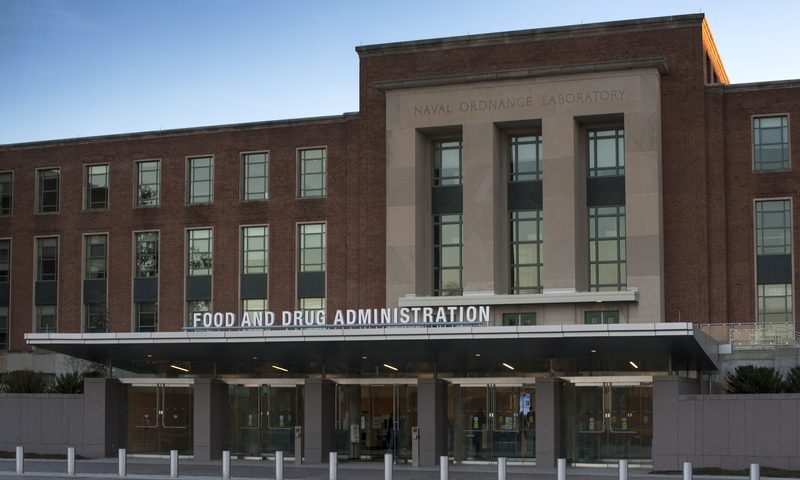The FDA continues to make single-use endoscopes available for surgeons’ repertoires—as it looks to cut down on the transmission of infections from patient-to-patient between procedures—with new clearances for disposable devices from 3NT Medical and Boston Scientific.
3NT’s specialized Peregrine endoscope is designed to give clinicians an up-close view of the hard-to-reach areas within the sinuses to help diagnose and treat disorders such as rhinosinusitis infections or polyps and cancers.
The tight nasal passageways can be difficult for a typical, rigid endoscope to thread, forcing physicians to instead opt for surgery to access recurring tumors along the sinus’ interior walls.
A 3NT study showed its Peregrine device—a flexible, tight-turning tube, 2.3 mm in diameter—could reach 100% of the frontal and sphenoid sinuses within the forehead and the back of the nose and 97.1% of the maxillary sinuses formed by the cheekbones.
The company estimates that more than 500,000 patients undergo sinus surgery in the U.S. annually, with the majority receiving simultaneous treatments for the otherwise inaccessible maxillary and frontal sinuses during the procedure. The U.S. green light for Peregrine joins 3NT’s previously cleared Colibri scope designed for ear surgeries.
Meanwhile, Boston Scientific received the agency’s blessing for its Exalt Model B bronchoscope, a single-use device made for bedside lung procedures in the intensive care unit or the operating room.
The Model B, available in three sizes, is built for procedures such as intubations, removal of secretions, imaging and tissue biopsies.
The devicemaker has pegged bedside bronchoscopy procedures at 1.2 million in the U.S. annually and more than 3 million worldwide. For its part, the FDA said that reprocessing and reusing durable endoscopes can still carry a risk of infection, even when adhering to disinfection and safety protocols, following years of reports. In addition, when treating patients with COVID-19, a single-use scope is recommended whenever possible.
“To further increase patient safety and improve operational efficiencies within the hospital setting, many physicians have been making the transition to single-use scopes, which eliminate both the risk of infection associated with reusable devices as well as time-intensive scope reprocessing,” Dave Pierce, president of Boston Scientific’s medical surgery and endoscopy divisions, said in a statement.
The disposable Model B was also designed to have a familiar operation and feel compared to the company’s previous reusable hardware, Pierce said.
The latest addition to Boston Scientific’s single-use endoscope portfolio joins the company’s Exalt Model D for examining the stomach and small intestine as well as the LithoVue ureteroscope and the SpyGlass DS system for the pancreas and bile ducts.
In addition, the Model B received a CE Mark in Europe this past May. Boston Scientific said it plans to launch a limited roll-out in the U.S. in the coming weeks.
Earlier this year, the FDA granted another pair of clearances to single-use endoscopes including a portable cystoscope from UroViu dubbed the Uro-G as well as a video system from EndoFresh that includes attachments for performing upper gastrointestinal procedures as well as colonoscopies.

